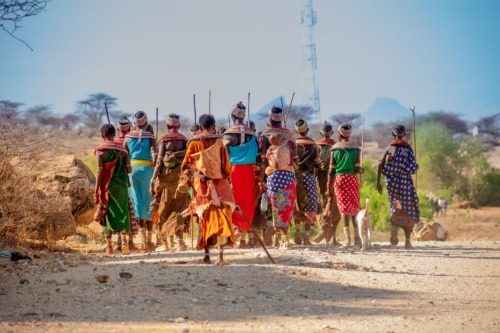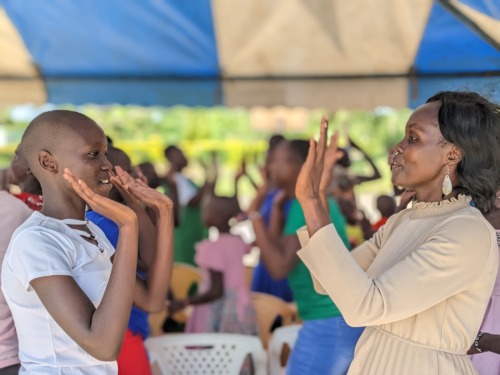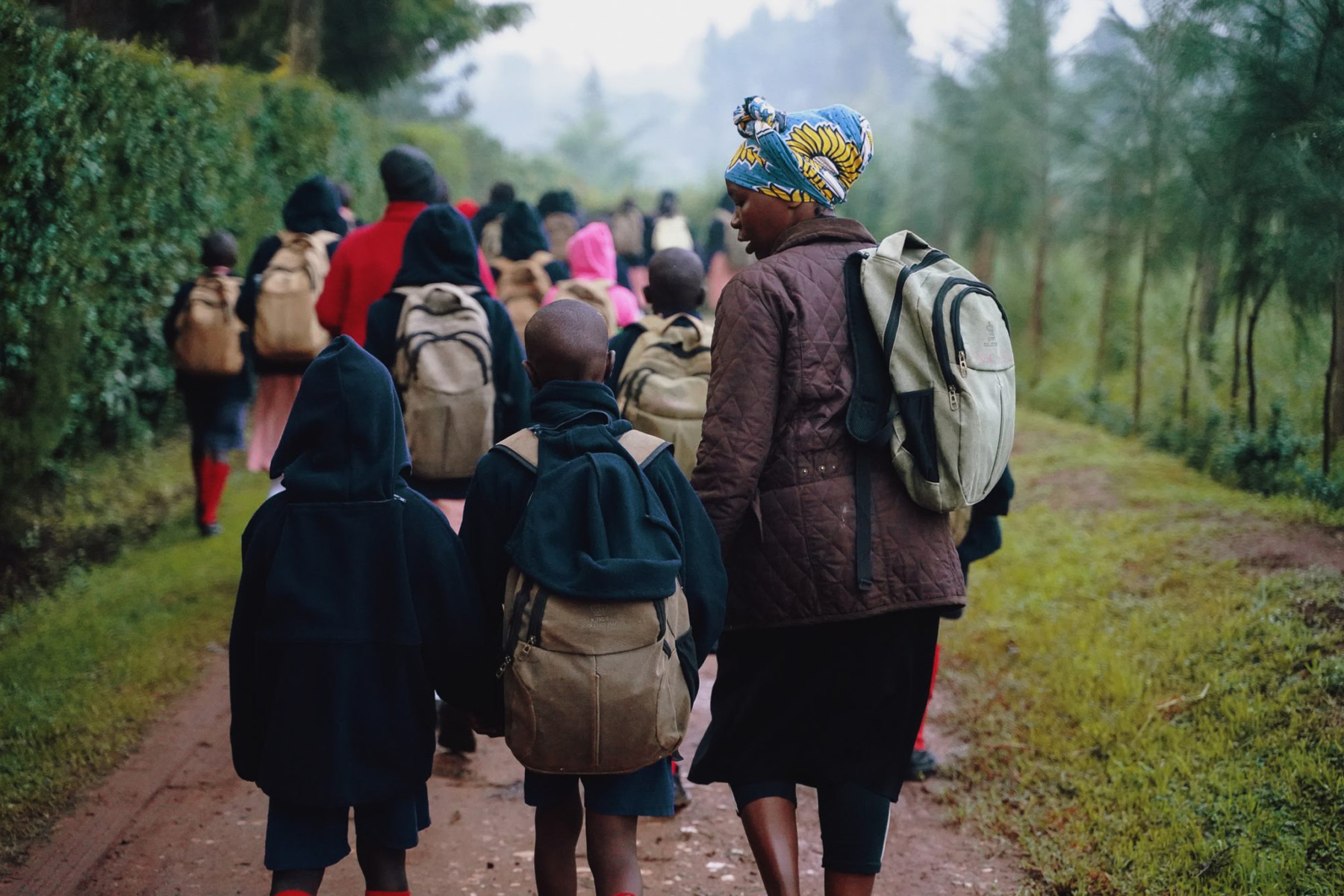The road to empowerment is often unpaved — and for girls, it’s barely a visible line in the dirt. Girls in many countries face a variety of unique challenges through childhood, adolescence and into adulthood — from unequal access to education, to household responsibilities, even just having a period. Long-held tribal and cultural practices can also factor into the social climate, once again adding additional challenge onto the simple act of existing as a woman.
But there are pockets of breakthrough, moments we must notice and celebrate on the journey to empowerment for all. Moments like this:
The Kenyan Judiciary recently passed a landmark ruling that may protect minors forced to wed according to certain traditional tribal wedding practices, affecting girls’ cultural treatment at-large. Earlier this year, an old man was sentenced to life imprisonment for marrying and impregnating a minor, defiling her for three years.
The ruling came in early January, which many consider the most remarkable ruling by the Kenyan Judiciary concerning children’s rights since the country’s independence in 1963.
The convicted man, 50-year-old Maasai-native Saigulu Ololosereka, married a nine-year-old girl in 2019, secretly circumcising (performing female genital mutilation – FGM), and impregnating her. Saigulu forced the girl, now 12, to deliver the baby at home in order to hide from authorities, but eventually took her to a hospital when she developed life-threatening complications.
Hospital authorities realized the girl was a minor and had undergone a brutal ordeal, so after she was admitted and had a C-section, they alerted police who arrested the man and charged him in court with unlawfully circumcising a minor (FGM), defiling, marrying and impregnating her: practices that, while outlawed in Kenya, are all too common.

Kenya’s Maasai tribe, as well as many other pastoral nomad communities, has a long primitive practice of initiating young girls to FGM, severing their participation in school and marry rich old men in exchange for heads of cattle as a source of provision for their families and generations to come. This is common among the natives of remote Maasai communities, who are historically nomadic but have partially settled in the Great Rift Valley.
Moraa Obiria writes for the African newspaper Nation that “families, especially in the regions of North Eastern, Rift Valley and Coast often trade off their underage daughters for livestock, food or money.”
FGM can have many severe repercussions, which is why this practice is inhumane. Several underaged girls have bled to death, and those who survive must endure life-threatening complications like fistulas, cervical cancer or even impotency for the rest of their lives.
Fearing this, hundreds of girls are forced to run away from their homes. Parents often support the abusive matches, leaving young girls totally alone and vulnerable — young girls we continue to receive in our Micro Communities every day.
The Kenyan government has outlawed these practices, categorizing them among capital offences with capital penalties, including life imprisonment. But despite the law, people remain committed to these cultural practices.
The 50-year-old used these tribal norms as an excuse for his behavior, confidently pleading guilty in court.
Given the pervasive nature of these marital arrangements, it is particularly significant that this man is the first to receive a maximum sentence for this crime in Kenya.

We applaud the Kenyan government for working for children’s welfare in Kenya and celebrate this remarkable ruling. We feel it will go a long way to put to a stop this unlawful practice, and in the long run save our young girls.
As magistrate Phyllis Shinyada delivered the decision, she also had a wider message to share: “To send a message to others with similar behavior, this court has an obligation to protect the interests of the victim who is minor whose life will never be the same again.”
While we work toward a day when injustices like these are behind us, Horizon Empowers offers safe, caring and loving family care to children who need it. As these children grow and reach graduation age, we offer Supported Independent Living to assist youth aged 18+ in developing full independence within their community. When enough youth are fully empowered and ready to empower others, maybe — just maybe — change will come. Even if it is slow. Even if it starts small.
May we not forget the words of magistrate Shinyada: “[her] life will never be the same again.” We cannot change her past, or the many girls like her who have been violated and robbed of their autonomy. We can, however, work in such a way that there may be a different story for girls further down the path to empowerment. And we have the privilege to celebrate progress on the way.
Written by: Nixon Oluoch, Sarah Pryor, Nicole Scott

